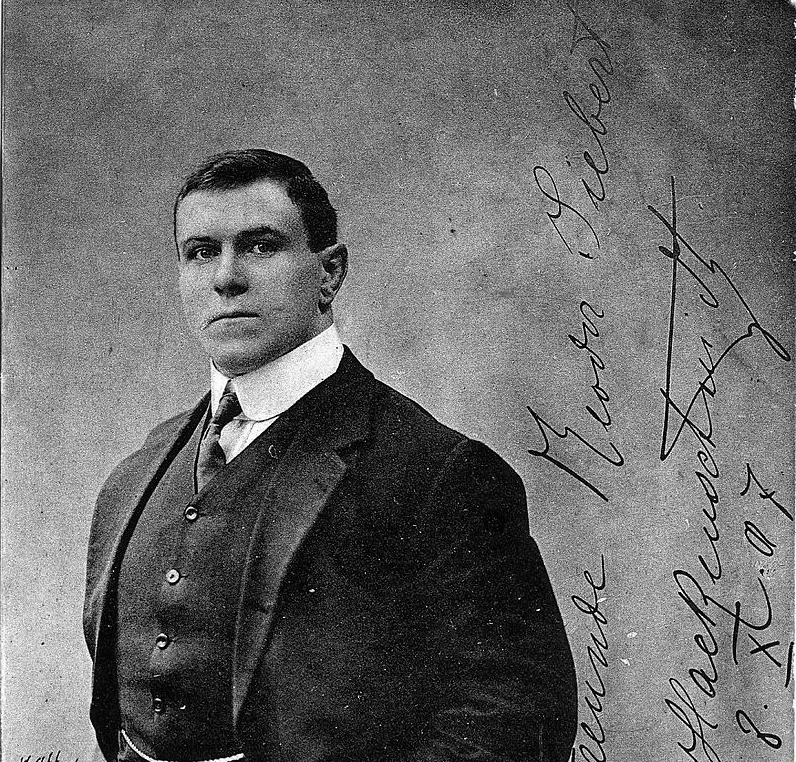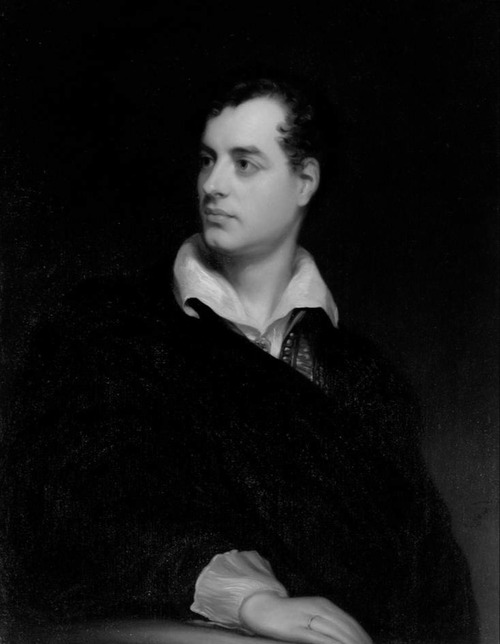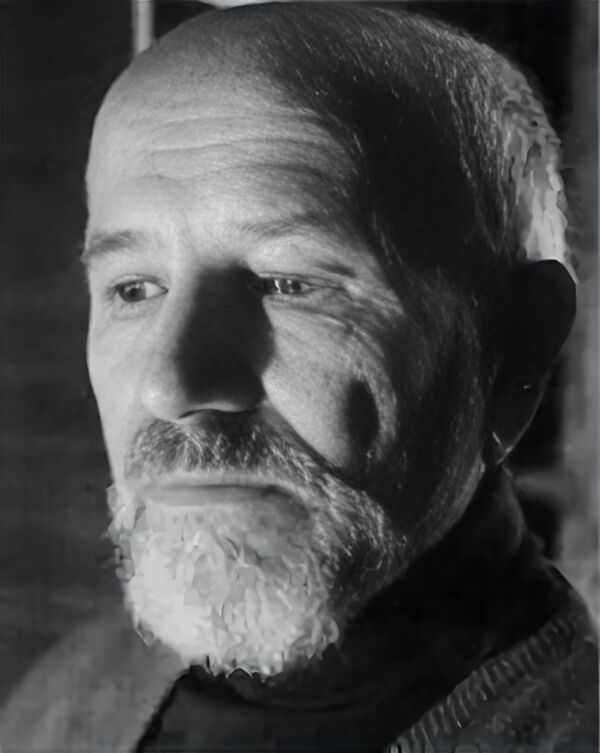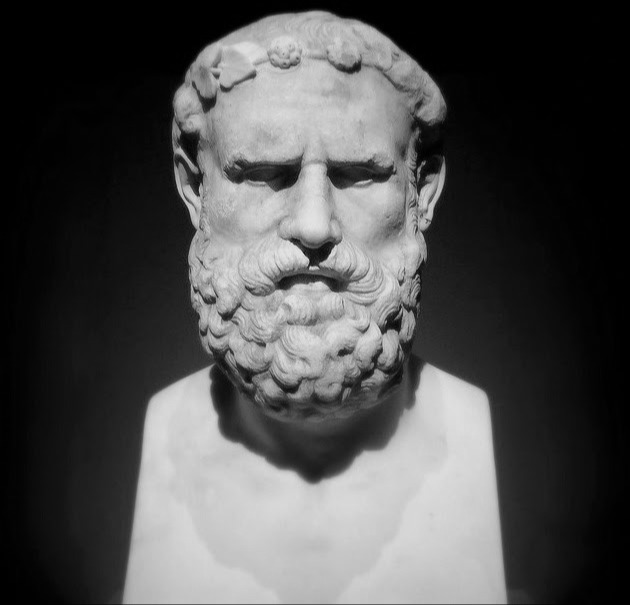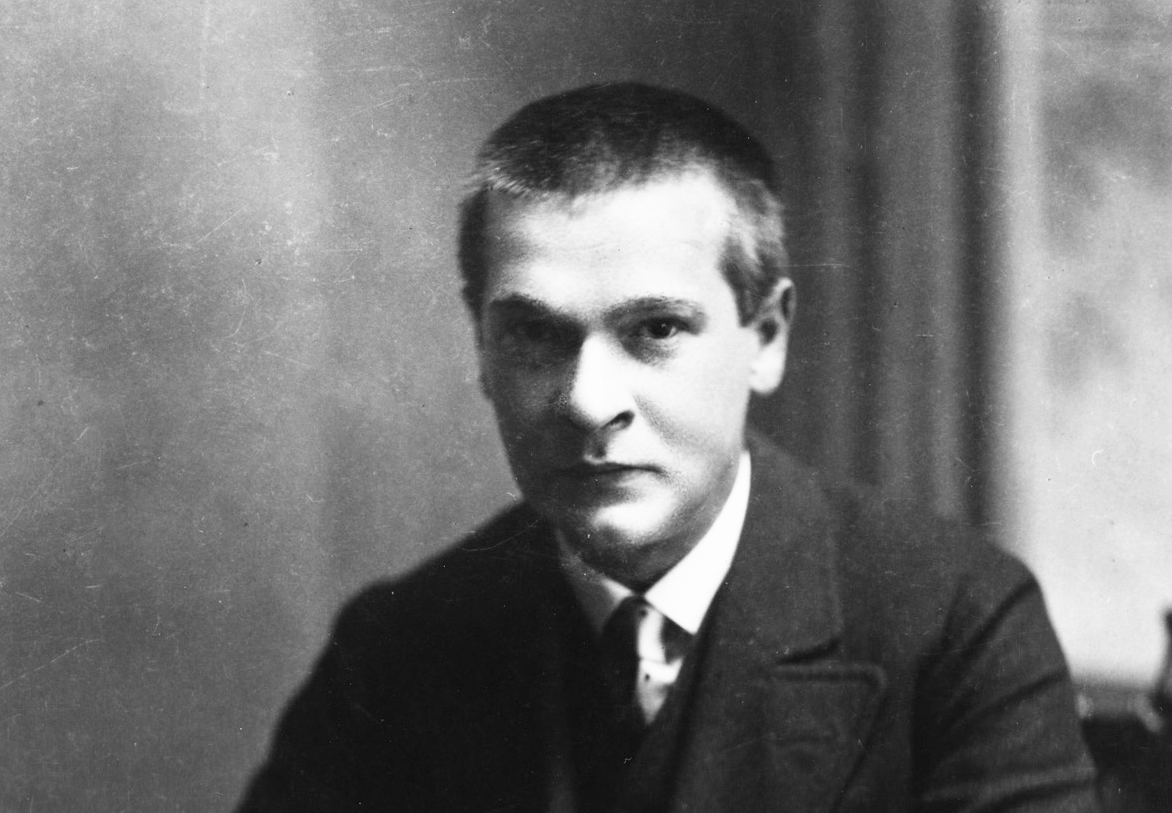George Hackenschmidt fue un excepcional atleta de fuerza, luchador y filósofo del deporte. Logró numerosas y destacadas hazañas corporales, poniendo a prueba su coherencia intelectual. Hackenschmidt fue inventor de técnicas de ejercicios y teorías de entrenamiento, bautizadas con su nombre y aplicables en nuestros tiempos. Sus obras escritas son testimonio de su concepción filosófica sobre el cultivo del cuerpo, la naturaleza y la buena salud.
— Άπώλεια
¿POR QUÉ DEBEMOS SER FUERTES?
George Hackenschmidt
Es un hecho bien conocido que la mayoría de los hombres de hoy son relativamente débiles, mientras que la lucha por la existencia exige ahora, más que en cualquier época anterior, que todos seamos fuertes. El lector puede pensar que la fuerza física no es una necesidad, pero trataré de demostrarle que el hombre no puede obtener un verdadero disfrute de la vida a menos que posea una constitución física poderosa y saludable. Un famoso médico se expresó de la siguiente manera: «Si pienso en mis experiencias durante treinta años de práctica, no puedo recordar muchos casos en los que un paciente se haya enfermado debido a un esfuerzo demasiado grande de su sistema físico, mientras que recuerdo muchos cientos de personas que han contraído enfermedades graves debido a la tensión mental y a la fatiga cerebral, y su recuperación completa fue invariablemente un proceso lento y difícil». He comprobado que los que han llevado una vida activa al aire libre han conservado y disfrutado de una luminosidad nacida de la salud durante mucho más tiempo que los demás. Tales personas siempre disfrutaban de sus comidas, rara vez sufrían de indigestión, dolores de cabeza o agotamiento nervioso. La indigestión es el resultado directo de la ineficacia de los órganos digestivos en el desempeño de sus funciones, provocada, por un lado, por el exceso de comida o el consumo de alimentos inadecuados y drogas nocivas, o, por otro lado, por la inactividad física. Qué contraste con éstas son las constituciones de las personas que trabajan en las habitaciones o que sólo realizan trabajos mentales; a menudo sufren de calor en la cabeza, pies fríos, digestión lenta o intestinos débiles e inactivos. Sabemos que todos los órganos, cuando desempeñan activamente sus funciones, exigen un abundante suministro de sangre; sus venas se agrandan, y, considerando el hecho de que fluye mucha más sangre a través de un músculo mientras está en actividad que mientras está en reposo, es evidente que la misma regla es válida en lo que respecta al cerebro. Si fluye más sangre hacia el cerebro que en condiciones normales, las otras partes del cuerpo están más o menos agotadas, los pies y los brazos se enfrían, y la sensación es, por lo menos, incómoda.Tengo la firme convicción de que con el tiempo todo el mundo reconocerá la necesidad de los ejercicios corporales diarios de una forma u otra, como una contrapartida ordinaria a los esfuerzos mentales diarios. «La vida humana no es diferente de un establecimiento comercial. Hay un intercambio continuo de materia, y al igual que los establecimientos comerciales se debilitan y decaen cuando el volumen de negocios disminuye, o el stock de bienes se acumula sin ser eliminado, así un intercambio continuo de materia es necesario para nuestro cuerpo, si se quiere evitar una parálisis en la actividad de la vida -en otras palabras, la enfermedad- o una parada completa -es decir, la muerte-. Al igual que un negocio comercial florece cuanto más se produce este intercambio de bienes, así un hombre se beneficia en salud y comodidad y puede obtener de sí mismo un mejor servicio en cualquier dirección útil, si el intercambio de materia en su cuerpo tiene lugar regularmente y con frecuencia. En la vida, sin embargo, la causa y el efecto cambian continuamente su rol. Como el hombre de comercio no debe estar ocioso, sino que debe estar activo desde la mañana hasta la noche, así sólo podemos mantener nuestro maravilloso organismo en constante regularidad mediante un impulso repetido y un esfuerzo continuo en sus respectivas funciones. Esta es la única manera de evitar el agotamiento de los órganos y de contribuir adecuadamente a su fortalecimiento, mejora y conservación. Preguntaréis hasta qué punto podemos lograr esto, y cómo es posible ejercer una influencia tan profunda en la actividad de toda una vida. A esto respondería lo siguiente: Todo movimiento es producido por los músculos, que son madejas de tejidos carnosos que tienen la facultad vital de contraerse y extenderse. Están unidos por tendones a la base del hueso, y por contracción cambian de posición o alteran su forma. El impulso para este movimiento es llevado por los nervios, que tienen su centro en el cerebro. Los nervios son como los cables metálicos de una batería, que llevan la electricidad a donde se necesita, y de la misma manera el cerebro envía el impulso por medio de los nervios a los músculos que quiera. Por lo tanto, si los músculos se ponen en movimiento con frecuencia por nuestra voluntad, se fortalecen en primer lugar en su poder de contracción y de ejecución de diferentes movimientos; y se llevan así a su pleno desarrollo y perfección. Este retroceso se manifiesta en forma de debilidad y agotamiento muscular, efectos que encontramos sobre todo en las personas de las llamadas clases altas. Se cansan con el menor esfuerzo, temen la más mínima corriente de aire, y a menudo son mártires de la debilidad nerviosa, el reumatismo y el catarro. Las mujeres que no hacen ejercicio físico con regularidad, o que no se dedican a ninguna ocupación que lo implique, se asustan y se asustan invariablemente ante el menor ruido inesperado, como la «apertura repentina de una puerta». Se ponen «nerviosos» y a menudo se ponen histéricos ante sucesos inesperados, incluso de la más insignificante naturaleza. Ahora bien, todos estos males y desórdenes son desconocidos para quienes hacen ejercicio físico con regularidad, ya que gracias a él su sistema nervioso adquiere fuerza y firmeza y esa resistencia que es la esencia de una buena constitución.
George Hackenschmidt was an exceptional athlete of strength, wrestler and philosopher of sport. He achieved numerous outstanding bodily feats, putting his intellectual consistency to the test. Hackenschmidt was the inventor of exercise techniques and training theories, named after him and applicable to our times. His written works are testimony to his philosophical conception of the cultivation of the body, nature and good health.
— Άπώλεια
WHY SHOULD WE BE STRONG?
George Hackenschmidt
It is a well-known fact that the majority of men to-day are relatively weak, whereas the struggle for existence demands now more than at any previous epoch that we should all be strong! The reader may think that physical strength is not a necessity, but I will try and prove to him that man cannot derive real enjoyment from life unless he possesses a powerful and healthy physical constitution. A famous physician expressed himself as follows: “If I think of my experiences during a thirty years” practice, I cannot recall many cases where a patient became ill through too great an exertion on his physical system, whereas I remember many hundreds who have contracted serious ¡illness through mental strain and brain fag, and their complete recovery invariably was a slow and difficult process.“I have come to the distinct conclusion, that the physical constitution of the human frame never was intended merely for study, but rather for manual and bodily exercise. I have found that those who have lived an active outdoor life have retained and enjoyed a brightness born of health far longer than others. Such people always enjoyed their meals, seldom suffered from indigestion, headaches, or nervous exhaustion. Indigestion is the direct result of the ineffective performance by the digestive organs of their functions, brought on either, on the one hand, by over-eating or consuming unsuitable food and noxious drugs, or, on the other hand, by physical inactivity. What a contrast to these are the constitutions of those people who toil in rooms or do mental work only; they often suffer from heat in the head, cold feet, sluggish digestion, or weak and inactive bowels. Few among them are those who do not suffer from some form of nervous complaint, The feeling of comfort and happiness is almost unknown to them.“We know that every organ, when actively per-forming its duties, demands a rich supply of blood;its veins become enlarged, and, considering the fact that much more blood flows through a muscle while it is in activity than while it is at rest, it is evident that the same rule holds good as regards the brain. If more blood flows to the brain than under normal conditions, the other parts of the body are more or less depleted of it, feet and arms become cold, and the feeling is, to say the least, uncomfortable. I have the firm conviction that in time every one will recognize the necessity of daily bodily exercises in one form or another, as an ordinary counterpart to one’s daily mental exertions. ”Human life is not unlike a commercial business establishment. There is a continual exchange of matter, and just as the commercial establishment suffers and decays when the turnover diminishes, or the stock of goods accumulates without being dis-posed of, so a continuous exchange of matter is needful for our body, if a paralysis in life’s activity—in another word, illness—is to be averted or a complete stoppage—that is death—prevented. Just as a commercial business flourishes the more this inter-change of goods takes place, so a man benefit sin health and comfort and can get out of him-self better service in any useful direction, if the exchange of matter in his body takes place regularly and frequently. In life, however, cause and effect continually change their role. As the man of commerce must not be idle, but must be active from early morn till night, so we can only keep our wonderful organism in constant regularity by repeated impulse to, and continual exertion in, its respective functions. This is the only way to prevent exhaustion of the organs and to contribute properly to their strengthening, improvement, and preservation. You will ask how far we can attain this, and how it is possible to effect such a deep influence on a whole life’s activity. I would reply to this in the following manner: Every movement is produced by the muscles. These are skeins of flesh tissues, which have the vital faculty of contraction and extension. They are attached by sinews to the foundation of bone, and by contraction they change in position or alter in shape. The impulse to this movement is carried by the nerves, which have their center in the brain. The nerves are not unlike the metal wires of a battery, which carry the electricity whither it is needed, and in like manner the brain sends the impulse by means of the nerves to whatever muscles it wills. If, therefore, the muscles are frequently set in motion by our will, they are first of all strengthened in their power of contraction and of executing different movements, and are thus brought to their full development and perfection. Those muscles which are left inactive to a greater or lesser extent lose their power of contraction and naturally deteriorate. This retrogression appears in the shape of muscular weakness and exhaustion. We find these effects mostly among people of theso-called upper classes. They are tired by the least exertion, are afraid of the slightest draught, and are often martyrs to weak nerves, rheumatism and catarrh. Ladies who take no regular physical exercise, or who are not engaged in any occupation entailing such, are invariably startled and frightened by the least unexpected noise, such as the sudden “opening of a door. They become“nervous” and often hysterically affected by unlooked-for occurrences of even the most paltry nature. Now all these ills and disorders are unknown to those who take regular physical exercise, for by it their nervous system obtains strength and firmness and that endurance which is the essence of a good constitution.
Extraído de Hackenschmidt, George. The way to live in health & physical fitness. 51 N. Broad St., York, PA. US.
Solicita impresión personalizada en los talleres de Hammer&Hammer

